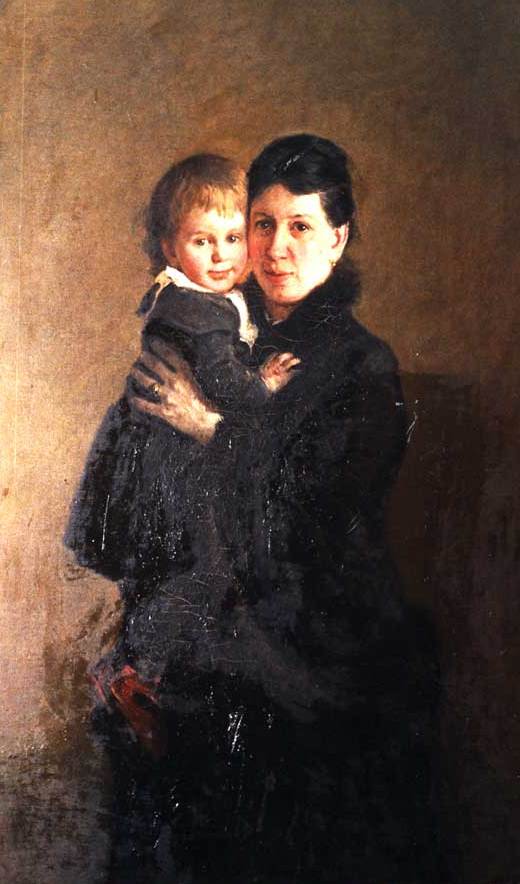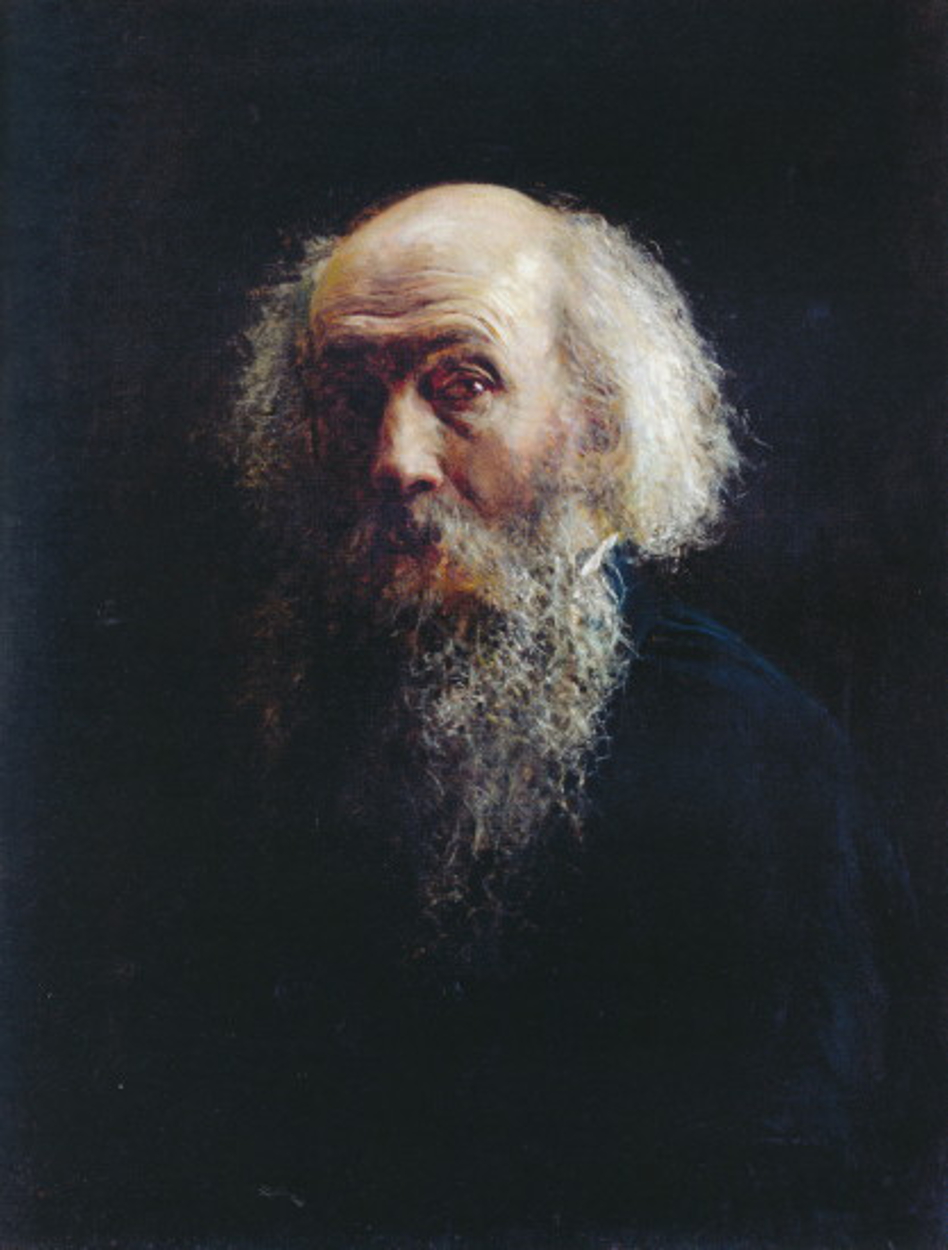On the previous Wednesday, during Thoughts on Art we were left wondering with Jerome Stolnitz’s perspective on aestheticism: the way an isolated piece could itself have such an impact that would alienate the observer. But the way Jerome perceives the piece of art as an independent and objective end itself is not always shared, mainly because of the way it disregards the position of the author making the artwork. If for Jerome, aesthetic is a moment of introverted isolation, for others it is a moment of communication. In Leo Tolstoy’s perspective the artistic activity was based on communication; such as, the audience ought to feel the same as the author, the transmission of his own individuality through the piece- being his objective. The length of this communication would depend on three conditions: - the bigger of smaller singularity of the sentiment transmitted, - the clarity with which sentiment is transmitted, - and the sincerity of the artist, the strength with which the artist feels and transmits. For Tolstoy, if the piece doesn't transmit the singularity of the artist then it is not individual, and thus communicates nothing; if it doesn't transmit intelligently the inner will and emotion of the author, then it is not a work of art. We can deduce that if this is so, then an aesthetic moment for Tolstoy would be the perfect connection with another individual; the sharing of one feeling, emotion, idea - and thus, not abstraction, but minding the thoughts of other would be in the base of an aesthetic attitude. In today’s painting, Tolstoy's wife Sophia Tolstaya and daughter Alexandra Tolstaya, are represented: do you believe you can share your emotion towards the painting in the same way the author did?
Have a nice Wednesday,
Artur Dionisio


 Nikolai Ge
Nikolai Ge